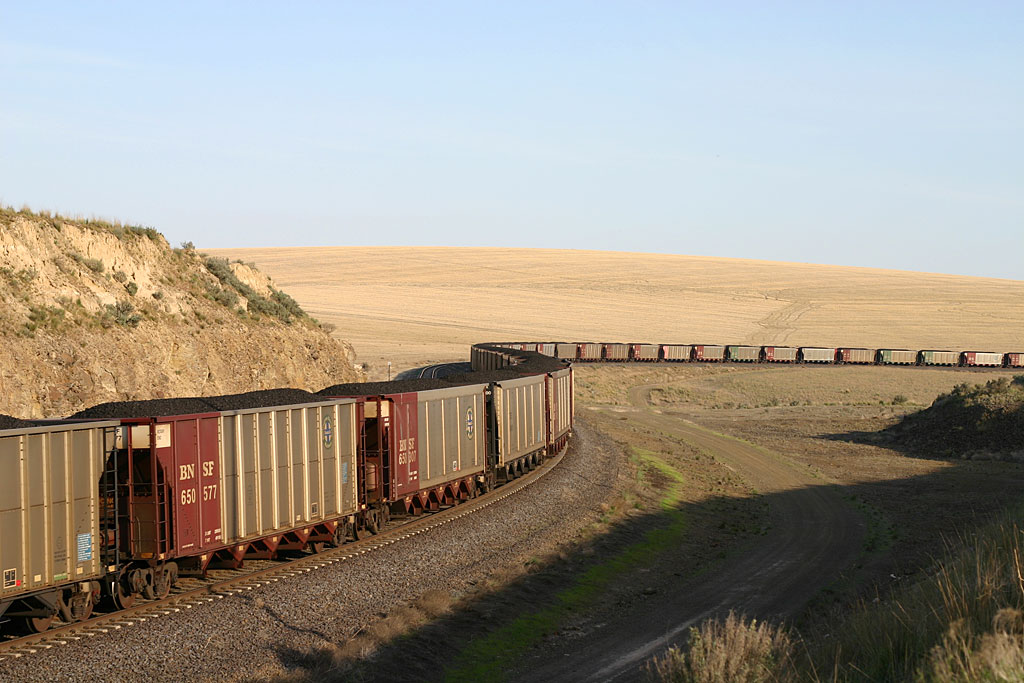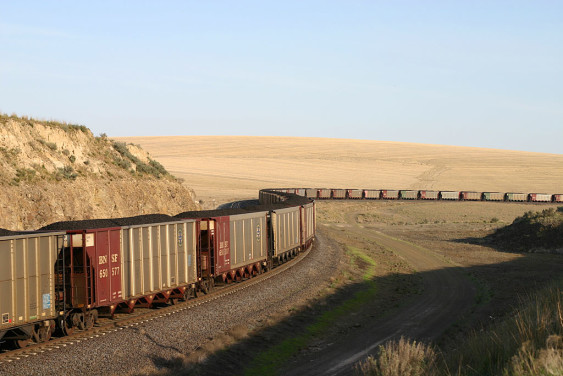Big Coal’s finances are in shambles. Stock prices have tanked. Wall Street has downgraded major coal company debt to junk status. And with both domestic and international coal sales slumping, the specter of a wave of major coal industry bankruptcies looms ever nearer.
Still, state regulators have allowed the nation’s two largest coal companies by sales volume, Peabody Energy and Arch Coal, to continue qualifying for a preferential mine cleanup insurance program that’s reserved for the most financially healthy institutions.
The program is known as “self-bonding.” And as a bombshell of a Reuters investigation shows, it’s now under intense scrutiny by US mine regulators.
Here’s how self-bonding works—and how it’s become such an egregious loophole.
Under federal surface mining law, US coal companies must post bonds to guarantee that they’ll have the financial wherewithal to clean up or “reclaim” their mines. For the most part, these reclamation bonds are backed up by cash, collateral, or financial guarantees known as sureties. Even if a coal company goes belly up, the state can use those bonds to restore land ravaged by mining.
Bonding can be costly to coal companies, because it either ties up collateral that they’d rather use for some other purpose, or it forces them to purchase private surety bonds that can cost them tens of millions of dollars per year.
“As bankruptcy becomes an imminent possibility, coal companies that have self-bonded may have no viable resources with which to clean up their mines.”
Some states give financially healthy coal companies a special break, allowing them to “self-bond.” Rather than setting aside cash or paying fees for sureties, a coal company that’s been approved for self-bonding can back up its reclamation obligations with little more than an IOU. Self-bonding amounts to a major subsidy to coal companies because it shifts cleanup risks from companies to the state, which will have to foot the bill for mine reclamation if coal companies cannot.
As the Reuters investigation shows, Arch and Peabody’s finances are in bad shape. Very bad. They no longer qualify for self-bonding. They’ve got too much debt, and their net worth is too low.
So instead, these enormous coal companies self-bond through smaller, wholly owned subsidiaries. These subsidiaries can look rich on paper: they own substantial coal mining assets but carry none of the parent companies’ massive debts.
But looking healthy on paper isn’t the same thing as being financially healthy in real life. The subsidiaries’ assets are pledged to back up the debt of the parent corporations. If the parent goes bankrupt, it’ll drag its subsidiaries into insolvency with it. That’s exactly what happened in mid-May when Patriot Coal entered bankruptcy for the second time in 3 years: when the parent couldn’t pay its bills, it took all of its subsidiaries into bankruptcy with it.
As bankruptcy becomes an imminent possibility, coal companies that have self-bonded may have no viable resources with which to clean up their mines.
“…self-bonding through subsidiaries is like parents with a terrible credit score taking out a home loan in the name of their 4-year-old.”
Federal mining regulations do allow companies to self-bond through subsidiaries. The practice was conceived as a way for small, poorly capitalized subsidiaries to lean on the financial strength of their parent corporations. Nobody expected that subsidiary self-bonding would ever become a loophole that allowed financially weak parents to conceal themselves beneath their subsidiaries’ trumped-up balance sheets.
For a company like Arch Coal—whose stock is hovering around 50 cents a share—self-bonding through subsidiaries is like parents with a terrible credit score taking out a home loan in the name of their 4-year-old. None of the debt is in the kid’s name, so on paper she qualifies for a mortgage. If the parents declare bankruptcy, though, there’s absolutely no way for the kid to pay back the loan.
That’s why, according to Reuters, federal regulators are giving the self-bonding program a particularly hard look.
“If a parent company is not fit to self bond, how can the subsidiary qualify? That is something we’re looking at now,” said an…official who was not authorized to talk about the review.
That’s a good question. The answer is, “it can’t.”










